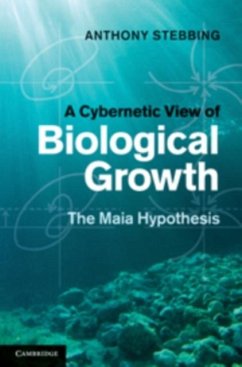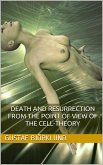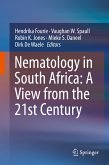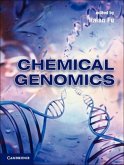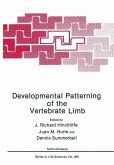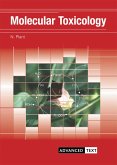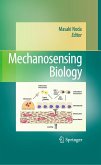Maia is the story of an idea, and its development into a working hypothesis, that provides a cybernetic interpretation of how growth is controlled. Growth at the lowest level is controlled by regulating the rate of growth. Access to the output of control mechanisms is provided by perturbing the growing organism, and then filtering out the consequences to growth rate. The output of the growth control mechanism is then accessible for interpretation and modelling. Perturbation experiments have been used to provide interpretations of hormesis, the neutralization of inhibitory load and acquired tolerance to toxic inhibition, and catch-up growth. The account begins with an introduction to cybernetics covering the regulation of growth and population increase in animals and man and describes this new approach to access the control of growth processes. This book is suitable for postgraduate students of biological cybernetics and researchers of biological growth, endocrinology, population ecology and toxicology.
Dieser Download kann aus rechtlichen Gründen nur mit Rechnungsadresse in A, B, BG, CY, CZ, D, DK, EW, E, FIN, F, GR, HR, H, IRL, I, LT, L, LR, M, NL, PL, P, R, S, SLO, SK ausgeliefert werden.

